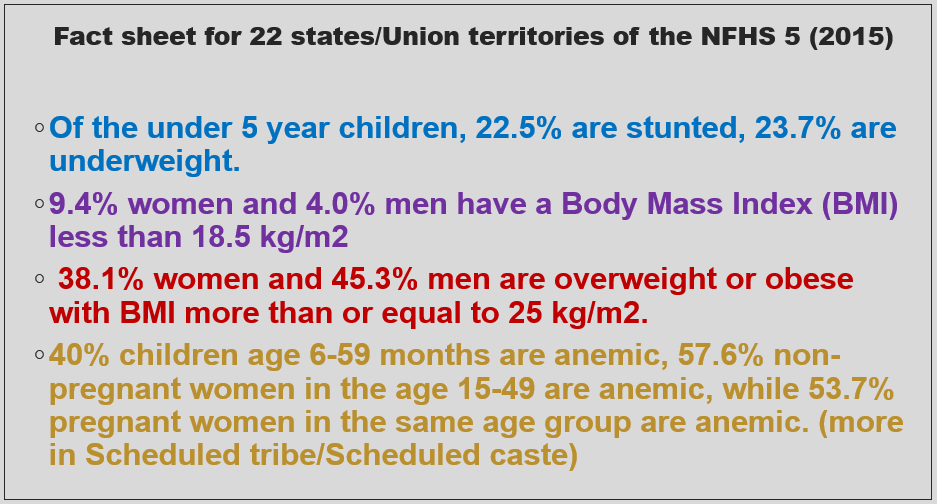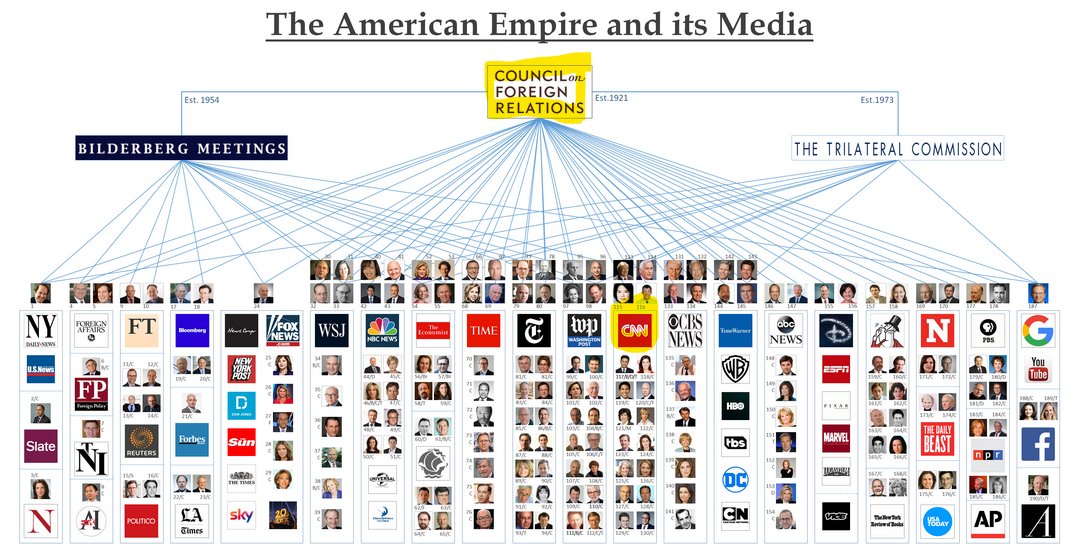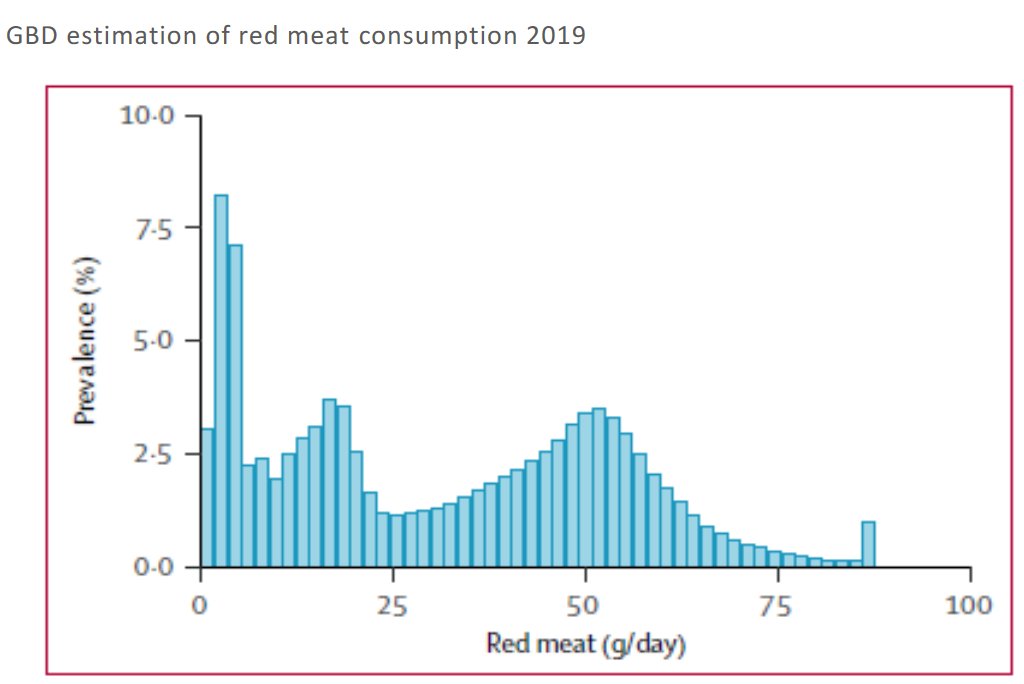
1/ It hasn't been clear where the UN #FoodSystems Summit is getting its budget from. Using official docs, @larsms has shown that Norway is helping them out:
Question is: Why #Norway & does all this have to do with the #Davos crowd again? Thread 👇🧵
https://twitter.com/larsms/status/1436796153237065732?s=20
Question is: Why #Norway & does all this have to do with the #Davos crowd again? Thread 👇🧵

2/ Let's start with a reminder of this infamous deal between the @WEF and the @UN, dating from 2019, before the Summit. weforum.org/press/2019/06/… 

3/ The person standing on the left in the previous picture, next to Schwab, is Børge Brende, President of the WEF. A #Norwegian ex-minister. 

4/ Here he is again, now next to the founder of the EAT foundation; also a Norwegian national.
vg.no/nyheter/innenr…
vg.no/nyheter/innenr…
5/ Interesting to see that the EAT foundation self-identifies as a "Davos for food". Rather clear where the inspiration is coming from. 

6/ The founder of EAT is also a WEF "Young Global Leader", so the link is certainly not a matter of secrecy. This is about so-called Public-Private Partnerships. 
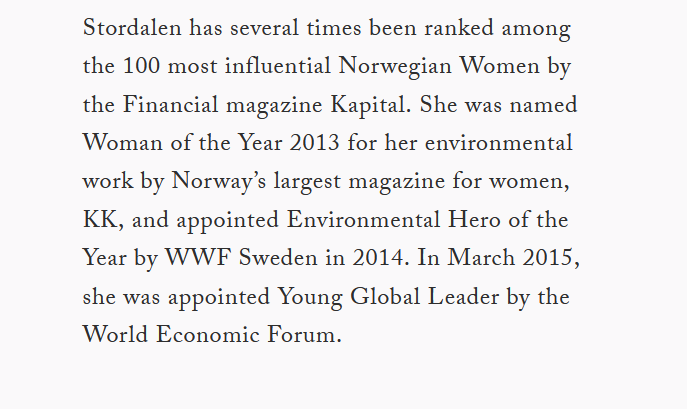
7/ She is also chairing Action Track 2 of the UN #FoodSystems Summit. The Norwegian connection to all this is rather straightforward actually.
eatforum.org/learn-and-disc…
eatforum.org/learn-and-disc…
8/ As @larsms has shown, part of the Norwegian budget will specifically go to Action Track 2. 
https://twitter.com/larsms/status/1436796168789504001?s=20
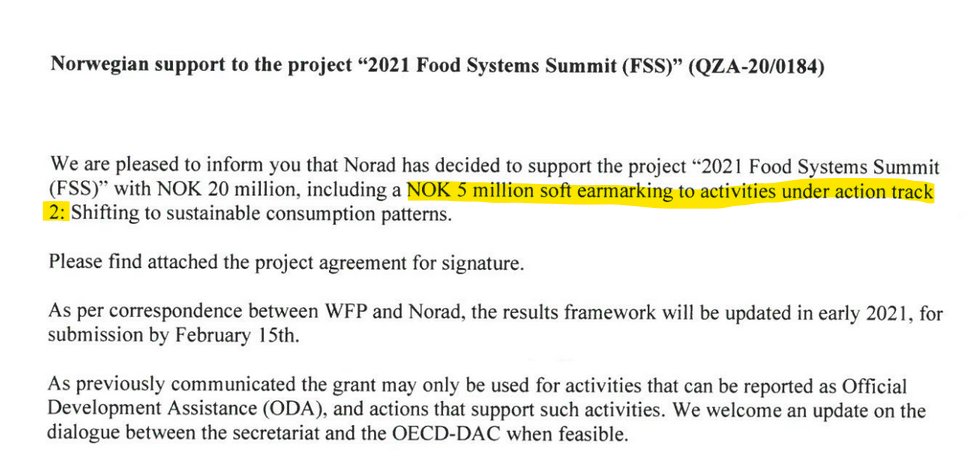
9/ Norway also heavily sponsors the Food & Land Use Coalition (FOLU) - an organization designing dietary scenarios for the entire planet, based on the Planetary Health Diet of the EAT foundation.
https://twitter.com/larsms/status/1436796176108593152?s=20
10/ FOLU isn't only rolling out the EAT plan but is also co-shaped by the World Resources Institute (WRI), a corporate/@CFR_org-supervised think tank closely working together with WEF & EAT on many fronts (incl. in work streams 2 & 3 of Action Track 2).
https://twitter.com/larsms/status/1436796174384648197?s=20
11/ Now, why do I find that problematic (seeing WEF's involvement at policy level is always problematic, but what else?)
This for instance: EAT partners with @wbcsd, a @WEF-satellite & predatory ensemble of mega corporations (#greenwashing business-as-usual).
This for instance: EAT partners with @wbcsd, a @WEF-satellite & predatory ensemble of mega corporations (#greenwashing business-as-usual).
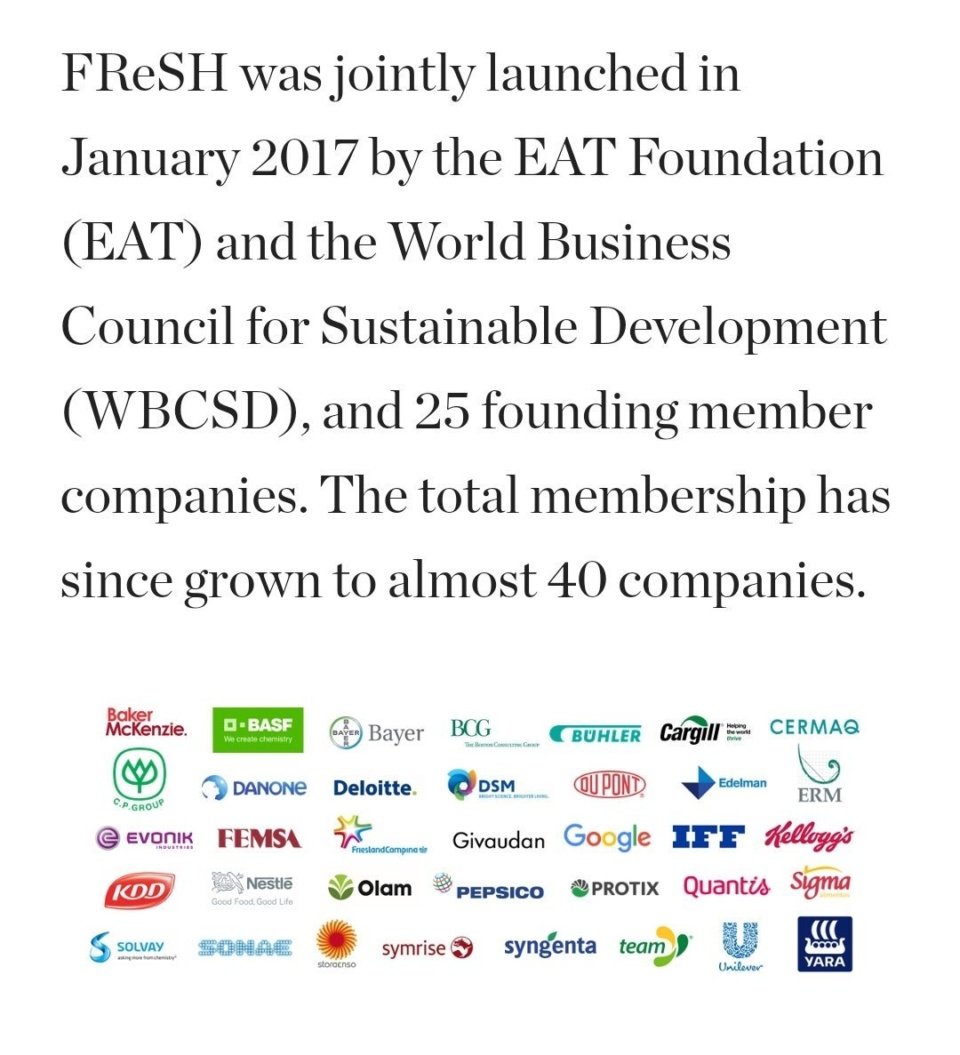
12/ In there, we find the Norwegian fertilizer giant @yara as one of the most active elements. Another explanation for Norway's interest in the Summit?
https://twitter.com/EBourgeois/status/1437056090953469960?s=20
13/ Let's now have a look at WRI, already mentioned above. On its Board of Directors, we find co-chair David Blood (with an investment interest in #BeyondMeat) & Christiana Figueres (who's also on the board of #ImpossibleFoods). 
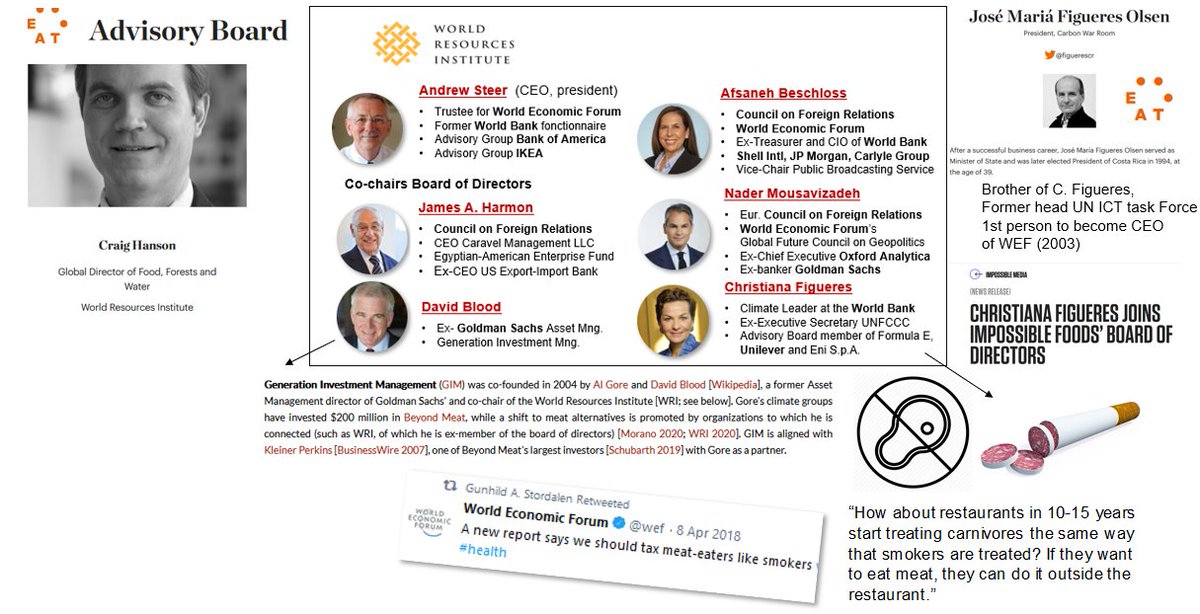
14/ Both Beyond Meat & Impossible Foods are vegan tech companies that wish to see nothing less than the *collapse* of animal agriculture & are very influential at UN level (having won the UN "champions of the Earth" award!) vegconomist.com/hot-off-the-ve…
15/ Why do I mention this? Such radical vegan tech companies are indirectly (yet effectively) represented in the UN Food Systems Summit, especially by the #GoodFoodInstitute that has been appointed to lead the "Innovation pillar" in... Action Track 2. 

16/ So, to conclude: can the @WEF please keep its greedy fingers off the UN @FoodSystems Summit (& off our lives in general)? Both directly & indirectly (i.e., via its Norwegian political branch chaperoned by the WEF President). weforum.org/agenda/2019/01… 
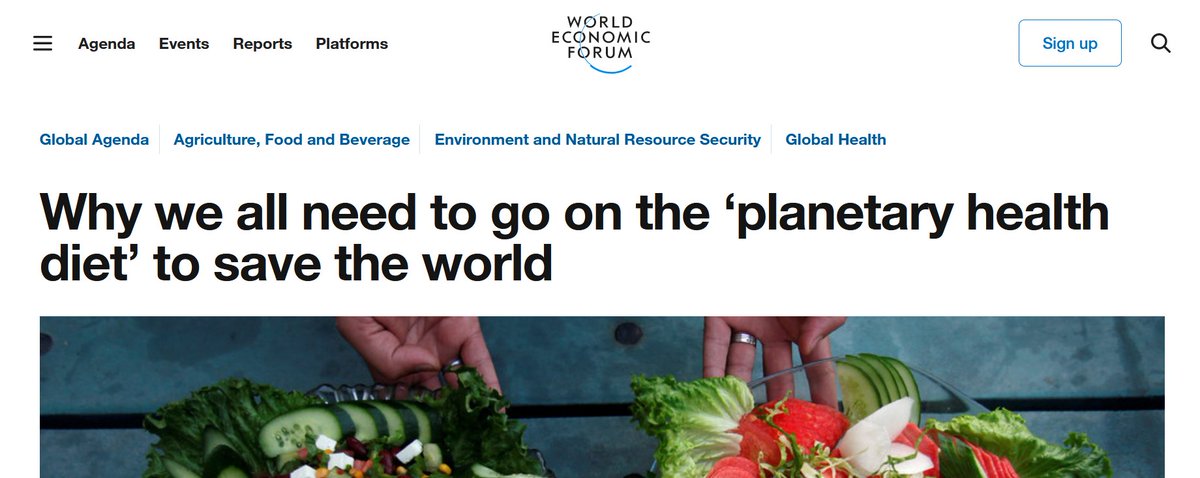
• • •
Missing some Tweet in this thread? You can try to
force a refresh


